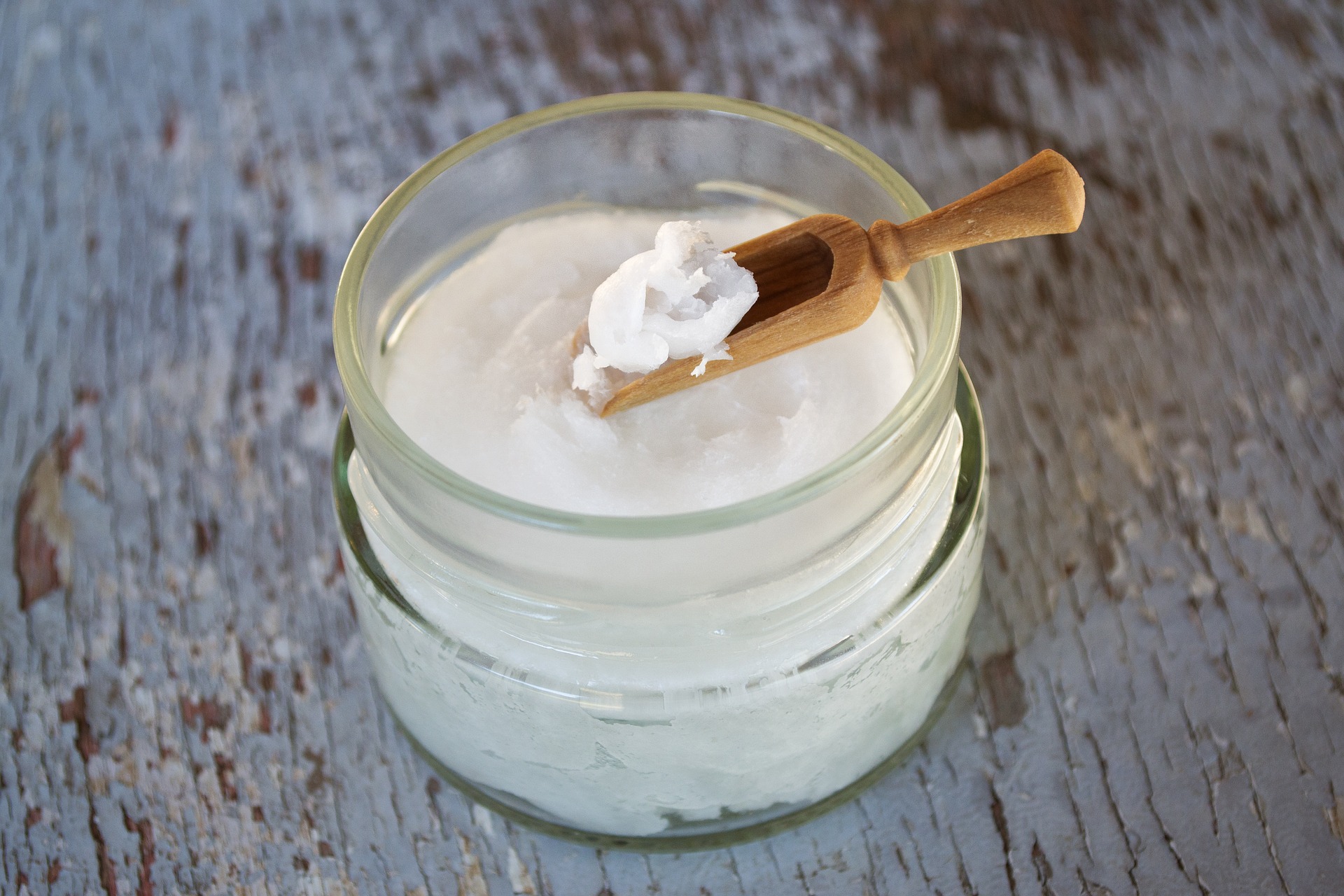I’ll be honest, when I first came across the idea to make toothpaste myself I was very hesitant. I thought that normal toothpaste must surely have a purpose with all the ingredients it has. And then I read this: brushing teeth is not about the paste but about the circular motion of your brush. That got me hooked!
There is plenty of information out there to convince you to make your own toothpaste based on the ingredients list of commercial toothpaste alone. In the true fashion of this blog, however, I want to focus on the simplicity of making your own paste.
Making your own toothpaste is really easy. You can start with one ingredient or go the whole length. It won’t make much of a difference (other than the taste). Remember, brushing is important, not what is on your brush.
There are three core ingredients I would recommend:
Sodium bicarbonate (Baking soda)
Baking soda has two properties which are perfect for toothpaste: it’s grainy and it’s alkaline.
Similar to the toothbrush itself, toothpaste should have some grains in it to polish your teeth. I’m not talking sand but particles small enough to gently brush your teeth. It’s important to note that large grains can harm your enamel, the same as a hard toothbrush will. Baking soda grains are the perfect size for that.
Alkalinity is important to neutralise the acidity in our mouth. Every food will turn into acid in our mouth, that’s a natural process of our digestive system. Leaving acid on our teeth for too long, however, will damage them. In order to avoid excessive acid build-up, baking soda helps to neutralise it.
On top of these two properties are, of course, availability and cost.
Coconut oil
Coconut oil has one awesome property which makes it perfect for toothpaste: it’s antibacterial. I might not have to say more.
On top of its antibacterial property, coconut oil can make homemade toothpaste seem more like a paste. In its solid state, it will be (relatively) easy to apply to a toothbrush. And even in its melted state, coconut oil will be easy to apply.
However, be warned that brushing with coconut oil will be like brushing with … oil. It’s a feeling you might have to get used to.
Xylitol
Xylitol is a natural sweetener with an awesome property: it can remineralise teeth. I will spare you the details on how Xylitol achieves that but let me just say that it acts as an antibacterial agent while it isn’t one.
Xylitol might be something you haven’t come across unless you avoid commercial sugar. It can be found in many health food stores and is sold as a white fine powder.
Xylitol tastes sweet which makes it a perfect companion for baking soda and coconut oil.
The only word of advice I have is to not overdo it. Xylitol is a sugar after all and although not damaging to your teeth it might make you crave sweets.
How to make and use homemade toothpaste
Making toothpaste is as easy as mixing whatever ingredients you have together.
You can experiment with the amounts. A rule of thumb is this: 4-2-1; four parts coconut oil, 2 parts baking soda, 1 part Xylitol. Again, you can experiment with that. Baking soda tastes salty so if you don’t like that, reduce it. Coconut oil takes some getting used to, maybe start little. Xylitol can be difficult to find, leave it out at first (or substitute with stevia)
You can also start with just one of these ingredients as a toothpaste replacement.
Using homemade paste is a little different from commercial products – unless you have a tube ready to go. You will most likely have the paste mixed up in a jar next to your sink. Remember that the jar needs a lid. Also, avoid sticking your toothbrush straight into the jar. Instead, place a spoon on top of the jar and get the right amount of toothpaste out whenever you want to brush. If possible dry that spoon between uses.
Exercise some caution when opening and closing your jar and avoid any water to drip into it. Although coconut oil is antibacterial, water in the wrong place can cause mould and thus ruin your whole batch.
If you ever notice any discoloration of your toothpaste, be safe and discard.
A last word
Homemade toothpaste doesn’t foam like commercial paste. In fact, it won’t foam at all. This can be strange at first. Try and stick with it.
Homemade toothpaste takes a little to get used to but it’s worth it.




